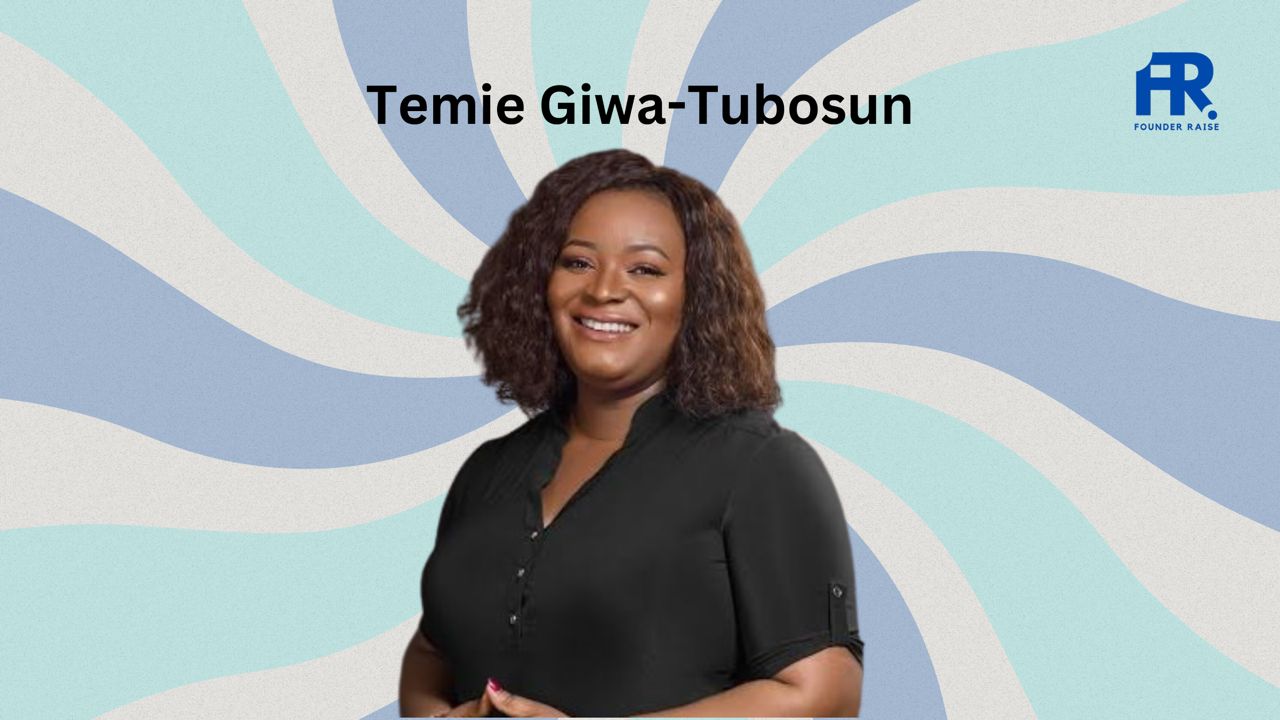When Temie Giwa-Tubosun founded LifeBank in 2016, her goal was simple but bold: to solve one of the biggest healthcare challenges in Africa—the shortage of life-saving medical supplies. Today, LifeBank is a healthcare technology and logistics company that has facilitated the delivery of over 40,000 units of blood and oxygen to hospitals across Nigeria and Kenya, directly saving over 20,000 lives. Giwa-Tubosun’s journey from personal tragedy to building a company that’s changing the face of healthcare in Africa is one of resilience, vision, and an unyielding commitment to making a difference.
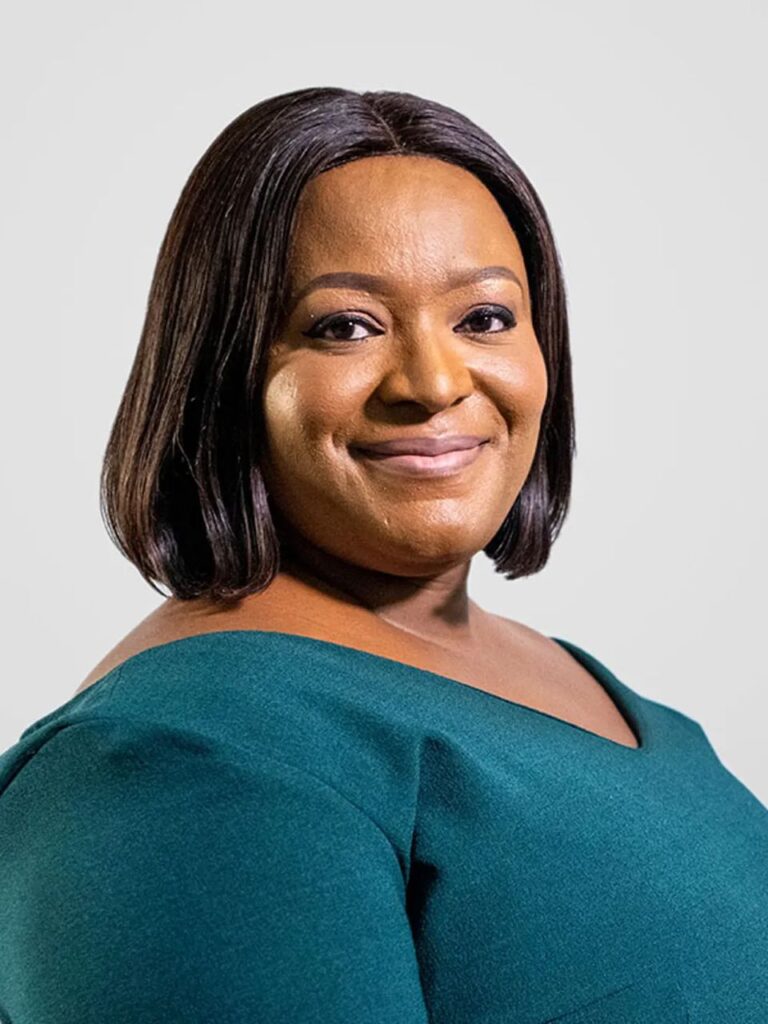
Born in Nigeria and raised in the United States, Giwa-Tubosun’s passion for healthcare was ignited during her time working with the World Health Organization (WHO) and DFID, where she saw firsthand the challenges facing African healthcare systems. However, it was a personal experience that pushed her to take action. In 2009, while pregnant with her first child, Giwa-Tubosun faced life-threatening complications during labor in Nigeria. The experience left a deep mark, as she realized how lucky she was to survive in a healthcare system that often lacked essential supplies like blood.
This personal encounter with Nigeria’s healthcare crisis drove Giwa-Tubosun to found LifeBank, a platform designed to address the logistical challenges of getting blood, oxygen, and other critical medical supplies to hospitals in time to save lives. LifeBank operates as a bridge between blood banks and hospitals, using technology to connect supply with demand. Its innovative platform allows hospitals to place emergency orders, which LifeBank’s team then delivers using motorcycles, boats, and even drones in hard-to-reach areas.
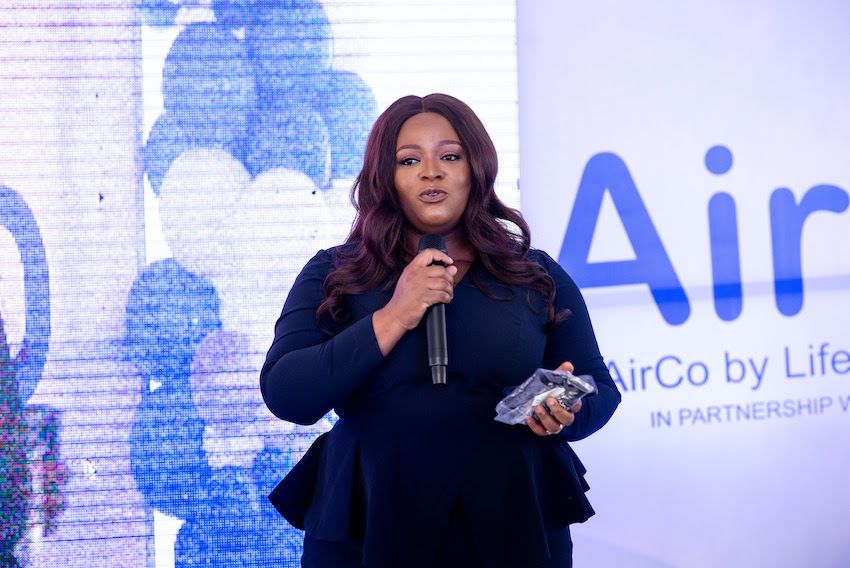
What sets LifeBank apart is its focus on speed and efficiency. Giwa-Tubosun often emphasizes that in healthcare, every second counts. “People die every day because they can’t access the medical supplies they need on time,” she says. With LifeBank, hospitals can receive blood and oxygen in as little as 30 minutes—a critical timeframe when lives are on the line.
Since its inception, LifeBank has grown rapidly, delivering over 40,000 units of blood to more than 800 hospitals and saving over 20,000 lives. In addition to blood, LifeBank expanded its services to include oxygen delivery and other medical products, tackling the shortage of essential supplies in hospitals. This growth has positioned LifeBank as a key player in addressing Nigeria’s healthcare delivery challenges.
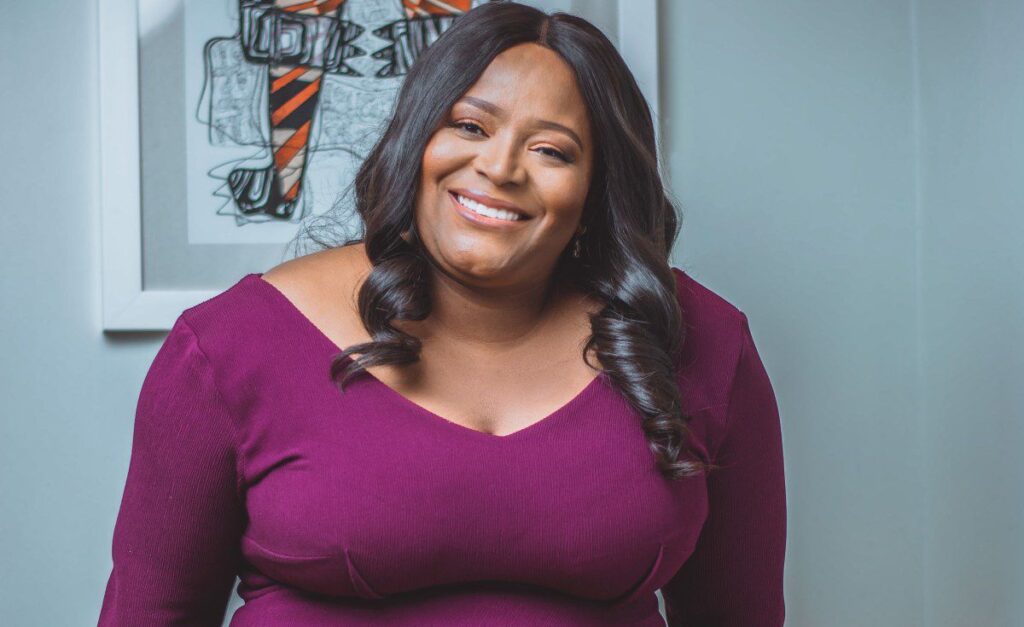
Giwa-Tubosun’s vision doesn’t stop at Nigeria. In 2020, LifeBank launched its services in Kenya, marking the beginning of its expansion across Africa. The company’s innovative approach to healthcare logistics has caught the attention of global health organizations and investors alike. In 2020, LifeBank won the $250,000 inaugural prize at the Jack Ma Foundation’s Africa Business Heroes competition, a testament to the company’s impact and potential.
But building a healthcare startup in Nigeria hasn’t been without its challenges. Giwa-Tubosun has faced numerous hurdles, from navigating Nigeria’s complex regulatory environment to raising funding in a space that is often overlooked by traditional investors. Yet, she remained steadfast in her mission, driven by the knowledge that her work is saving lives every day.
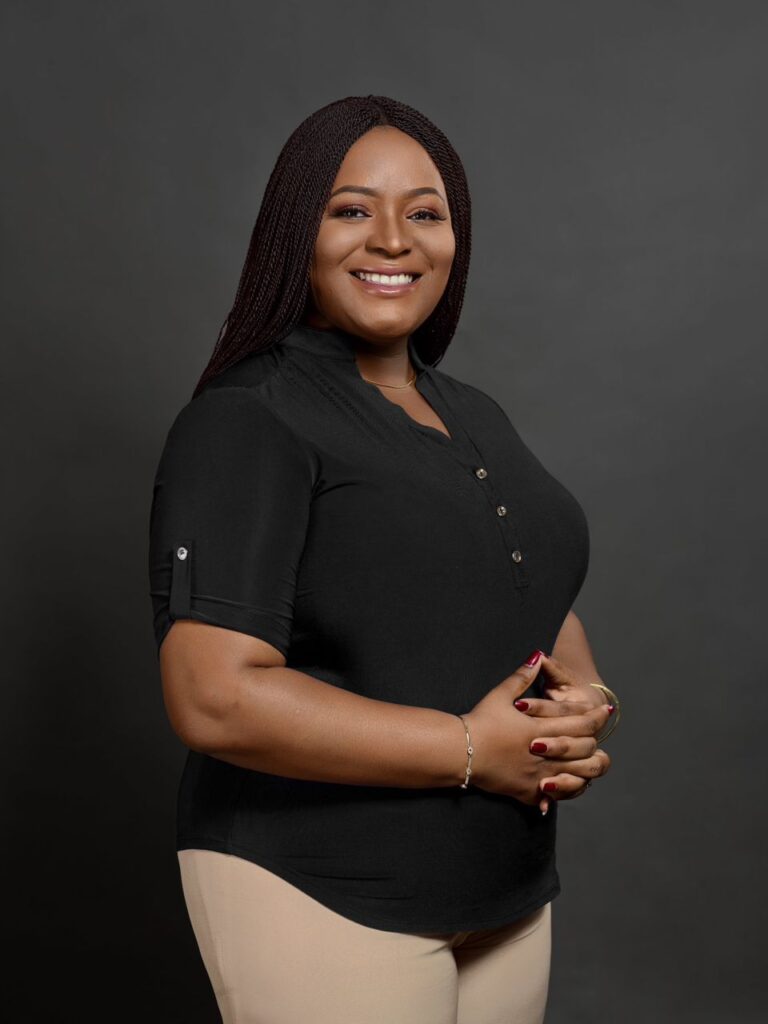
Giwa-Tubosun’s leadership style is deeply rooted in empathy and a strong desire to create a healthcare system that works for everyone. As a mother, she understands the anxiety families feel when faced with life-threatening situations, and this personal connection to her work fuels her determination to succeed. “We’re not just building a company; we’re building a system that people can rely on when it matters most,” she often says.
In addition to her work at LifeBank, Giwa-Tubosun is a powerful advocate for healthcare reform and women’s leadership in Africa. She frequently speaks at global conferences about the importance of addressing healthcare access in developing countries and empowering women to take leadership roles in the sector. As a result of her pioneering work, Giwa-Tubosun has been recognized globally, including being named one of BBC’s 100 Women and one of the World Economic Forum’s Young Global Leaders.
Beyond her achievements, Giwa-Tubosun’s story is one of resilience and purpose. She has created a company that not only tackles the inefficiencies of the healthcare supply chain but also gives hope to millions of people across Africa who depend on access to critical medical supplies.
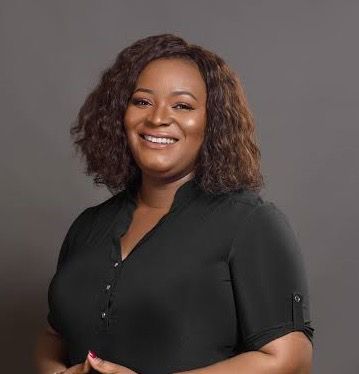
Looking ahead, Giwa-Tubosun’s plans for LifeBank are ambitious. She envisions a future where no one in Africa dies due to a lack of medical supplies. With plans to expand to more African countries and increase the use of technology such as AI and drones to enhance delivery, LifeBank is poised to become a global leader in healthcare logistics.
As Temie Giwa-Tubosun continues to lead LifeBank into the future, one thing is certain—her mission to save lives and transform healthcare in Africa is far from over. And with each life-saving delivery, she is one step closer to achieving her vision of a healthier, more equitable world.
